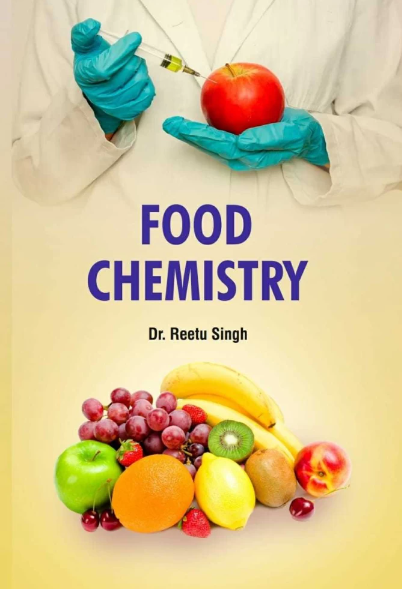Encapsulation of Lactiplantibacillus plantarum in a sodium alginate/pectin/tea polyphenol complex: Enhancing stability and bioactivity for fermented milk products
IF 8.5
1区 农林科学
Q1 CHEMISTRY, APPLIED
引用次数: 0
Abstract
In this study, Lactiplantibacillus plantarum LPP95, a potential probiotic, was encapsulated in a sodium alginate/pectin/tea polyphenol (SA/PE/TP) complex, and its physicochemical properties, bioactivity, stability, and application potential were investigated. The results showed that tea polyphenol (TP) enriched encapsulated beads (SA/PE/TP/LP) achieved high encapsulation efficiency (96.51 %) without compromising their mechanical properties and stability. The bioactivity analysis revealed that the SA/PE/TP/LP encapsulated beads, formed through TP hydrogen bonding, exhibited good biosafety and a high DPPH radical scavenging rate. Furthermore, adding TP enhanced the enteric dissolution rate and increased the viable counts of L. plantarum with respect to in vitro digestion conditions, bile salt tolerance and refrigerated storage, compared with free-LP. When applied to fermented yogurt, SA/PE/TP/LP significantly reduced pH changes, and improved the sensory, gel structure, and rheological properties of the dairy product. These findings suggest a promising approach to preserving highly active probiotics by adding polyphenols, potentially improving yogurt quality.

海藻酸钠/果胶/茶多酚复合物中植物乳杆菌的包封:提高发酵乳制品的稳定性和生物活性
本研究将植物乳杆菌LPP95包封在海藻酸钠/果胶/茶多酚(SA/PE/TP)配合物中,对其理化性质、生物活性、稳定性和应用潜力进行了研究。结果表明,茶多酚包封微球(SA/PE/TP/LP)的包封效率高达96.51 %,且不影响其力学性能和稳定性。生物活性分析表明,通过TP氢键形成的SA/PE/TP/LP包封珠具有良好的生物安全性和较高的DPPH自由基清除率。此外,与不添加TP相比,添加TP提高了植物乳杆菌的肠溶出率,在体外消化条件、胆盐耐受性和冷藏保存方面增加了活菌数。将SA/PE/TP/LP应用于发酵酸奶中,可显著降低pH变化,改善乳制品的感官、凝胶结构和流变性能。这些发现表明,通过添加多酚来保存高活性益生菌是一种很有希望的方法,有可能提高酸奶的质量。
本文章由计算机程序翻译,如有差异,请以英文原文为准。
求助全文
约1分钟内获得全文
求助全文
来源期刊

Food Chemistry
工程技术-食品科技
CiteScore
16.30
自引率
10.20%
发文量
3130
审稿时长
122 days
期刊介绍:
Food Chemistry publishes original research papers dealing with the advancement of the chemistry and biochemistry of foods or the analytical methods/ approach used. All papers should focus on the novelty of the research carried out.
 求助内容:
求助内容: 应助结果提醒方式:
应助结果提醒方式:


